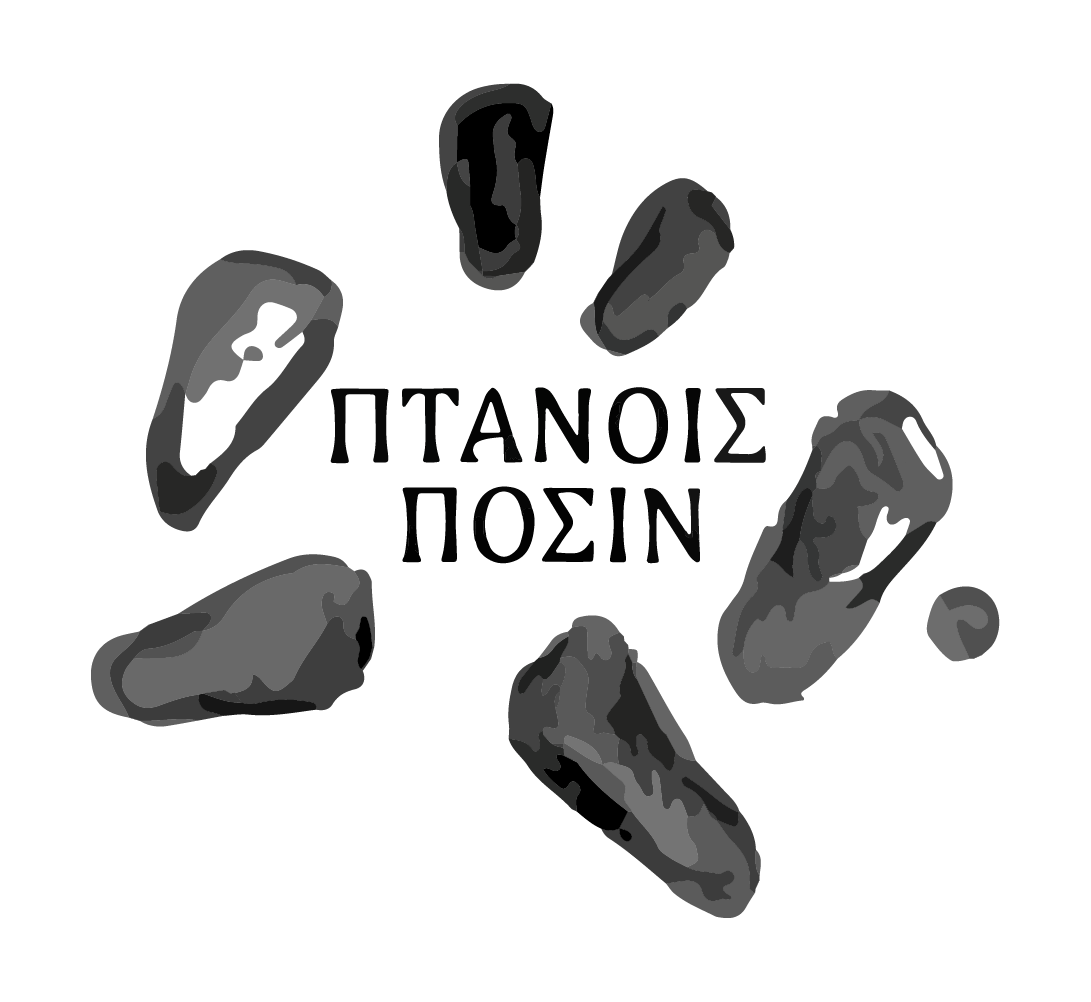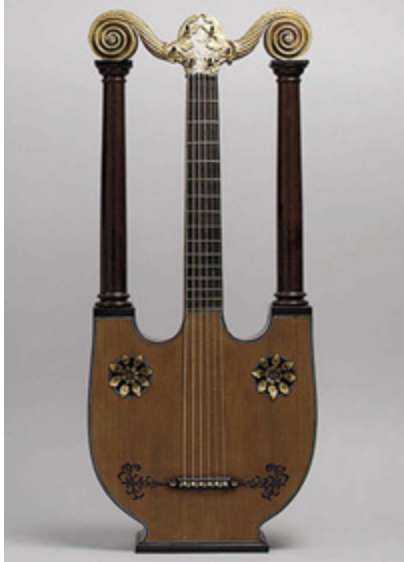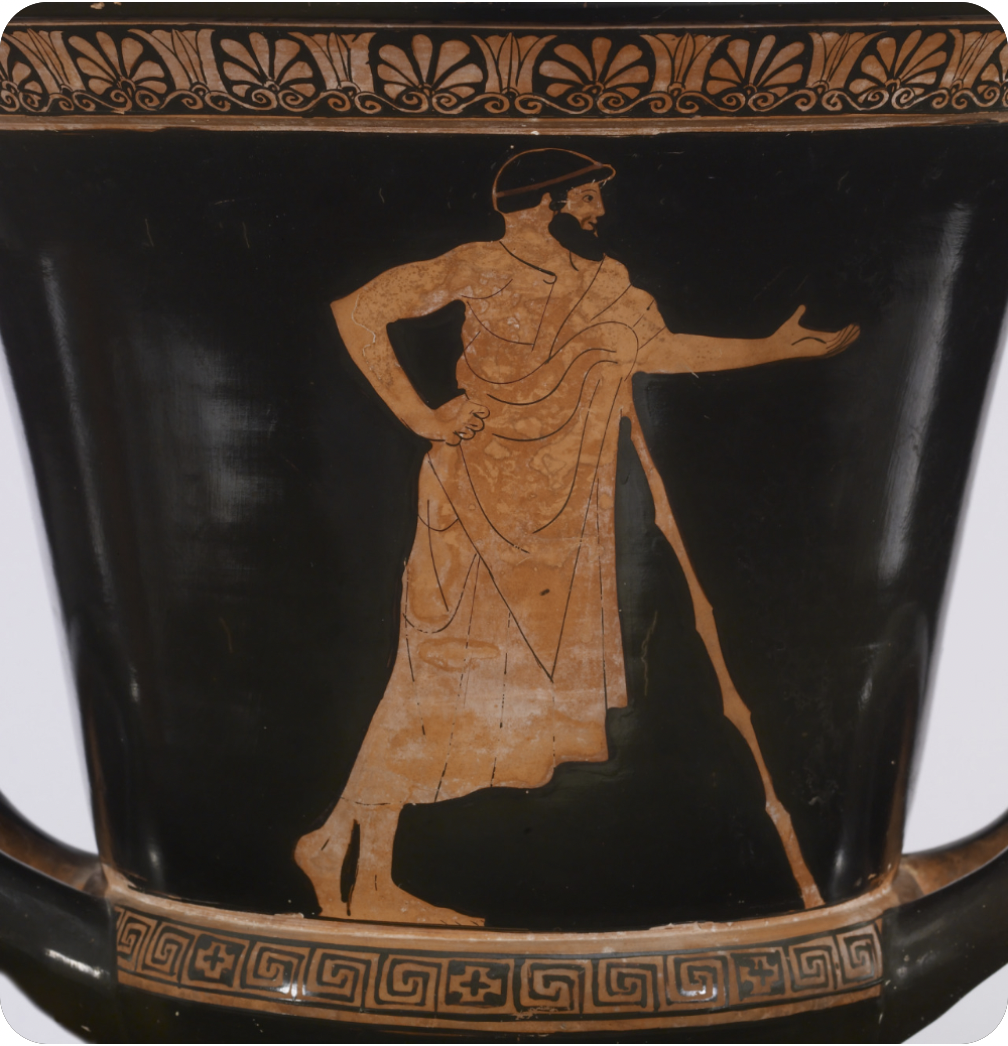ID 1497
Amphikles from Rhenea, the son of Philoxenos: μουσικός, μελῶν ποιητής
Date:
165/164 BC
Edition:
ἐπὶ Πέλοπος ἄρχοντος, Γαμη-
λιῶνος ἕκτει μετ’ εἰκάδας,
ἐκκλησία κυρία ἐν τῶι ἐκκλη
σιαστηρίωι, Ἀγαθοκλῆς Ἀπολλο-
5 δώρου Παιανιεὺς εἶπεν· ἐπειδὴ
Ἀμφικλῆς, μουσικὸς καὶ μελῶν
ποητής, ἀκροάσεις καὶ πλείους
ἐποήσατο καὶ προσόδιον γράψας
ἐμμελὲς εἰς τὴν πόλιν τούς τε
10 θεοὺς τοὺς τὴν νῆσον κατέχοντας
καὶ τὸν δῆμον τὸν Ἀθηναίων
[ὕ]μνησεν, ἐδίδαξεν δὲ καὶ τοὺς τῶν
πολιτῶν παῖδας πρὸς λύραν τὸ
μέλος ἄιδειν, ἀξίως τῆς τε τῶν θεῶν
15 τιμῆς καὶ τοῦ Ἀθηναίων δήμου,
ἐπαγγέλλεται δὲ καὶ εἰς τὸ λοιπὸν
εὔχρηστον ἑαυτὸν παρασκευάζ[ειν]
καθότι ἂν ἦι δυνατός· ὅπως οὖν καὶ ἡ
βουλὴ καὶ ὁ δῆμος ὁ Ἀθηναίων τῶν
20 ἐν Δήλωι κατοικούντων φαίνωνται
τιμῶντες τοὺς ἀξίους· ἀγαθεῖ τύχει·
δεδόχθαι τεῖ βουλεῖ τοὺ[ς λαχόντας]
προέδρους εἰς τὴν ἐ[πι]οῦσαν ἐκκλη[σί]α[ν]
[χρηματίσ]αι περὶ τούτων, γνώμην δὲ
25 [ξ]υμβάλλεσθαι τῆς βουλῆς εἰς τὸν
δῆμον ὅτι δοκεῖ τεῖ βουλεῖ ἐπαινέσαι
τε Ἀμφικλῆν Φιλοξένου Ῥηναέα ἐπί
τε τεῖ εἰς τοὺς θεοὺς εὐσεβείαι
καὶ τεῖ εἰς τὸν δῆμον τὸν Ἀθηναίων
30 εὐνοίαι καὶ στεφανῶσαι αὐτὸν δάφνης
στεφάνωι· ἀποστεῖλαι δ’ αὐτῶι καὶ
ξένιον· καλέσαι δὲ αὐτὸν καὶ εἰς τὸ
πρυτανεῖον ἐπὶ τὴν κοινὴν ἑστίαν·
ἀναγράψαι δὲ τόδε τὸ ψήφισμα
35 εἰς στήλην λιθίνην καὶ στῆσαι ἐν
τῶι ἱερῶι τῆς Ἀρτέμιδος.
Translations (en):
In the year of the archon Pelops, on the twenty-sixth day of the month of Gamelion, full assembly in the ekklesiasterion; Agathokles of Paiania, the son of Apollodoros, proposed: since Amphikles, mousikos and melic poet, gave many recitals and, in writing a prosodion that he sung for the city, hymned the patron gods who dwell in the island and the Athenians, and he taught the children of the citizens to sing the tune to the lyre, in a manner worthy of the honor due to the gods and the Athenian people; and he announced that for the future he will make himself as useful as he can; therefore, so that the council and the Athenian people who dwell in Delos may be seen to honor those who are worthy, with good fortune: it is resolved by the boule that the proedroi allotted to the next assembly shall raise this matter, and that the recommendation of the boule shall be transmitted to the demos, that it seems good to the council to praise Amphikles of Rheneia, the son of Philoxenos, for his pietas towards the gods and his goodwill towards the Athenians, and to crown him with a wreath of laurel; and to send a gift of hospitality to him, and to invite him to the public hearth in the prytaneion. This decree shall be inscribed on a stone stele and placed in the sanctuary of Artemis.
[translation from http://www.attalus.org/docs/sig2/s662.html, slightly modified]
Translations (it):
“Sotto l’arconte Pelops, nel ventiseiesimo giorno del mese di Gamelione, assemblea plenaria nell’ekklesiasterion. Agathokles del demo di Peania, figlio di Apollodoros, propose: poiché Amphikles, mousikos e poeta melico, tenne delle pubbliche esecuzioni anche in gran numero, e avendo scritto un prosodio cantato per la città e per gli dei che abitano l’isola, celebrò (in un inno) anche il popolo degli Ateniesi e istruì i figli dei cittadini a cantare con la lira la melodia, in modo degno dell’onore degli dei e del popolo degli Ateniesi, e dichiara anche per il futuro di rendersi utile per quanto gli sia possibile: affinché dunque sia il consiglio che il popolo degli Ateniesi che risiedono a Delos dimostrino di onorare i meritevoli, alla buona fortuna: è sembrato bene al consiglio che i proedri sorteggiati per l’assemblea successiva deliberino su queste cose e il parere del consiglio sia trasmesso all’assemblea, cioè che è sembrato bene al consiglio di lodare Amphikles di Renea figlio di Philoxenos per la sua devozione verso gli dei e la benevolenza nei riguardi del popolo di Atene, di incoronarlo con una corona di alloro, di inviargli un dono ospitale, di convocarlo anche presso il focolare comune nel Pritaneo, di far incidere questo decreto su una stele litica ed esporla nel santuario di Artemide.”
Commentary (en):
Two decrees (see also Oropos, Petrakos 1997, 211) coming from Oropos and Delos respectively honoring Amphikles son of Philoxenos, allow us to take a peek at the artistic process of one of the most representative figures among the poeti vaganti of the Hellenistic Period. The inscriptions first of all pose the problem of the provenance of this artist, indicated as a Delian in Oropos and as a citizen of Rhenea in Delos. Aside from the numerous ἀκροάσεις delivered in both places, Amphikles is charged on the sacred island with composing a prosodion for the gods and the Athenians. He will also teach the sons of citizens to perform the new composition. The Delian decree particularly gives us the chance to speculate on the lexicon adopted and the context of performance of the piece. Moreover, it describes a multi-talented artist putting his poetic and his musical expertise and his professionalism to good use in public life. At the beginning of the Second Athenian Domination on the island, the artistic activity of Amphikles can be framed in the context of the propaganda that seems to have been realized through the choice of the occasion for the performance and the desire to shape a collective memory with the help of the poetic tradition.
Commentary (it):
Due decreti, rispettivamente provenienti da Oropo e da Delo in onore di Amphikles figlio di Philoxenos, consentono di ricostruire un segmento dell’iter artistico di uno dei più rappresentativi tra i poeti vaganti di età ellenistica. I testi pongono innanzitutto il problema della provenienza di questo artista, segnalato come delio presso Oropo e come cittadino di Renea presso Delo. Oltre alle numerose ἀκροάσεις fornite in entrambi i luoghi, sull’isola sacra Amphikles viene incaricato di comporre un prosodio in onore degli dei e degli Ateniesi, per l’esecuzione del quale vengono istruiti i figli dei cittadini. È il decreto delio, in particolare, a fornire numerosi spunti di riflessione lessicali e contestuali e a raccontare una figura artistica che mette al servizio della sfera pubblica il suo expertise poetico-musicale e i suoi talenti molteplici di esecutore e compositore. Al principio della seconda dominazione ateniese, l’attività artistica di Amphikles presso Delo si inserisce in un intento propagandistico che sembra essere realizzato attraverso la scelta ragionata del contesto di esecuzione e la volontà di formazione di una memoria collettiva attraverso la tradizione poetica.




